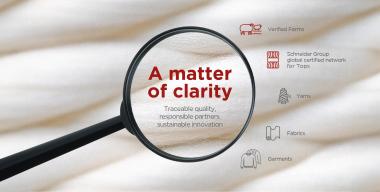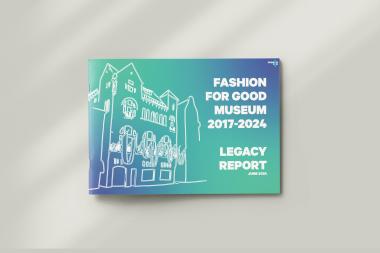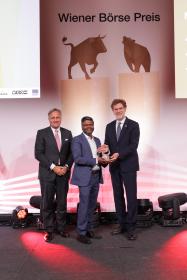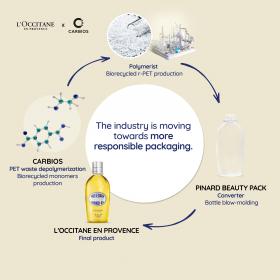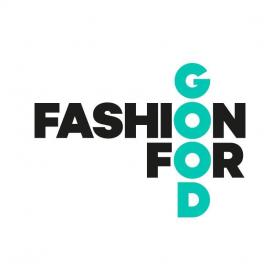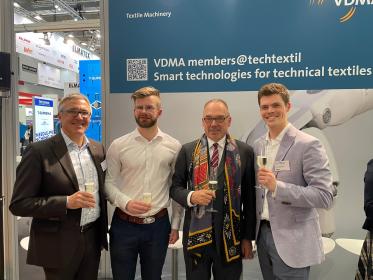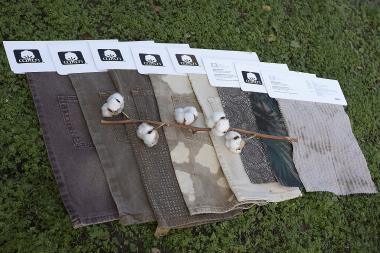RadiciGroup with Radilon Chill-fit at Phygital Sustainability Expo
RadiciGroup participated in the fifth edition of Phygital Sustainability Expo, an event dedicated to the ecological transition of fashion and design brands through technological innovation, which was held in Rome on 4 and 5 June.
During the narrated fashion show, held ion the 4th of June in the evocative archaeological site of the Imperial Forum Museum, RadiciGroup presented a jumpsuit. The jumpsuit is made of Radilon Chill-fit, an innovative nylon yarn - made by RadiciGroup in its production sites with low environmental impact. It guarantees thermal regulation and ensures freshness and comfort throughout the day. The jumpsuit worn during the day can quickly turn into the "basis" of an elegant evening outfit by simply adding a kimono-dress, made in nylon, to ensure complete future recyclability.
The outfit is the result of the collaboration between RadiciGroup and the designer Anita Bertini, a young designer at POLI.Design (an international reference for postgraduate training at Politecnico di Milano): the goal is to propose a wardrobe made of essential, durable and recyclable garments, which offer endless possibilities of matching without ever compromising personal style and commitment to a better world.
Two companies from the Italian textile scenario collaborated on this project as technical partners: Calzificio Argopi for the creation of the jumpsuit and Erco Pizzi for the kimono-dress fabric.
RadiciGroup






